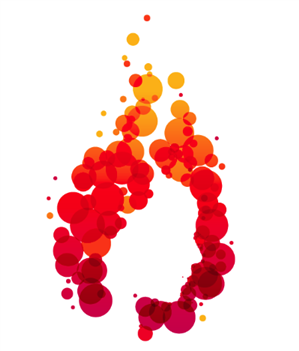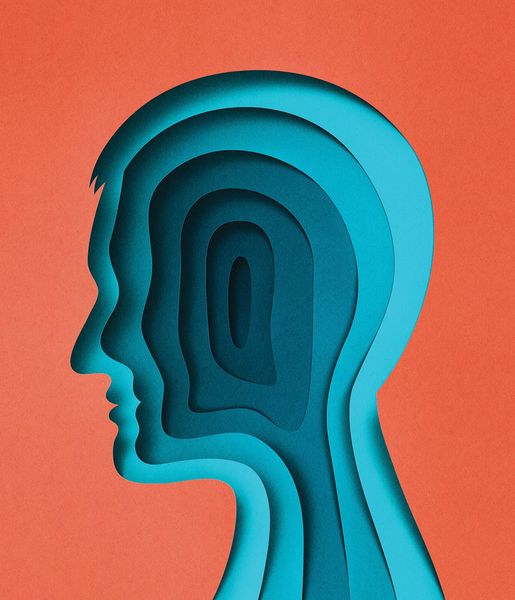

Body of IITR

“The problem with people is that they are so stupid. So stupid that they have no idea how stupid they are.” - John Cleese
Trust is a fundamental cog in the machinery that drives the world. We trust drivers to follow traffic lights and not bump into cars. We trust news agencies to give us factually correct quality content; our politicians to make the right decisions. However, the grounds on which it is built are largely unknown – our decision to trust others is perhaps a subconscious, impulsive one, acting more as false assurances than absolute security against potential deviations. When weighed collectively with the consideration that our senses (and what they perceive thereof) are not “facts” as we wrongly attribute them to be, an unsettling question presents itself: Can we trust ourselves?
George Orwell floated such an idea before the world in 1984. By tampering with evidence and indulging in propaganda, Big Brother is successful in reinforcing the desired belief in the subjects’ mind. Elizabeth Loftus, who specialises in false memories, has shown that they are easily born or planted. In her TED talk, “How reliable is your memory?”, she explains how false memories are responsible for a three quarters of wrongful convictions and other bizarre, irrational beliefs and occurrences that constitute our identity. Memory, she states, is unlike a recording device which stores information without modification; the brain is plastic, and accounts evolve over time into stories that distort the truth to great extents. She attributes this phenomenon to misinformation and the subconscious or unconscious acceptance of memory (or other sensory stimulus) as fact.
Oftentimes, hypocritical behaviour is foreign to our awareness. Christened the “Actor-observer bias”, this phenomenon encapsulates how our angry disapproval persists despite the probable circumstances under which a fellow human being has committed an infarction (say jumped a signal) – but when the observer becomes the doer, he feels that his act was justified. Here, empathy is stifled by ignorance of the said principle, rendering us not completely impartial, in contrast to what we tend to believe.
In 1999, Dunning and Kruger presented their hypothesis, seconding Bukowski, who had previously remarked: “The problem with the world is that the intelligent people are full of doubts while the stupid ones are full of confidence”. By checking the consistency of actual test scores of candidates against their own predictions, they concluded that high-ability individuals underestimate themselves, while those with low abilities overestimate themselves. This illusory superiority is a manifestation of the lack of metacognitive abilities; i.e. people are unable to recognize their incompetency.
Even if it rests on false pretences, trust is necessary for the continuation of normal life. In its absence, external chaos and internal anxiety would uproot all order; it is a safe assumption, having no basis and yet – having no evidence to the contrary either. Every fact or principle was once an assumption; unbounded scepticism is hardly helpful in the establishment of such bases, which the civilized world believes to be true. This said, perfect trust is a symptom of ignorance. The longer one lives, the more selective they become about who they trust. Trust is bestowed upon others because we believe we are intelligent and capable enough to make such choices; however, in light of the above considerations, it seems that the foundations of this faith are built on the marshy lands of our perceptions and memories, which are, in and of themselves, unreliable and fallible.
The article features in our latest print issue. The issue delves into the roadblocks to having a truly meritocratic election at IITR and expounds on the limited academic flexibility offered at Roorkee. To read our previous issues visit: https://issuu.com/wona-iitr